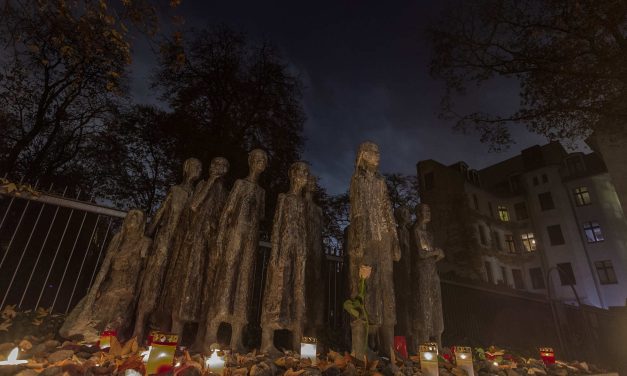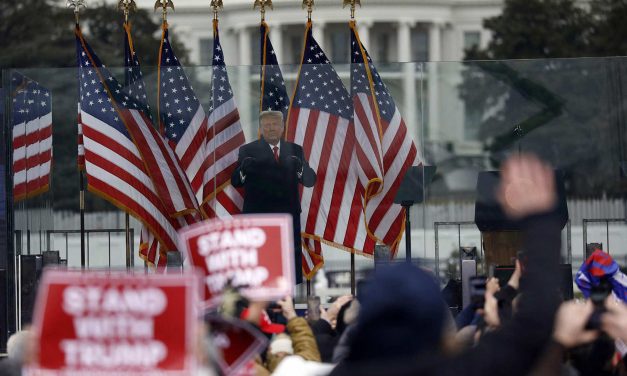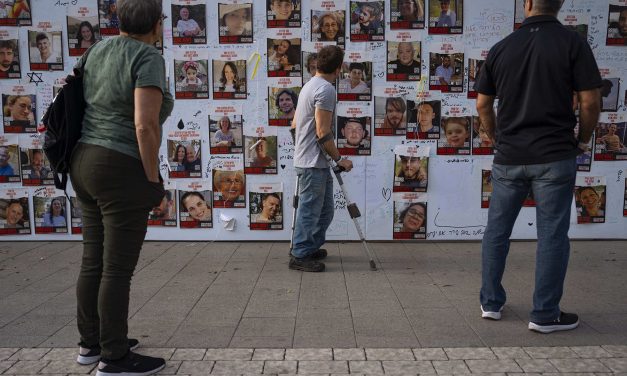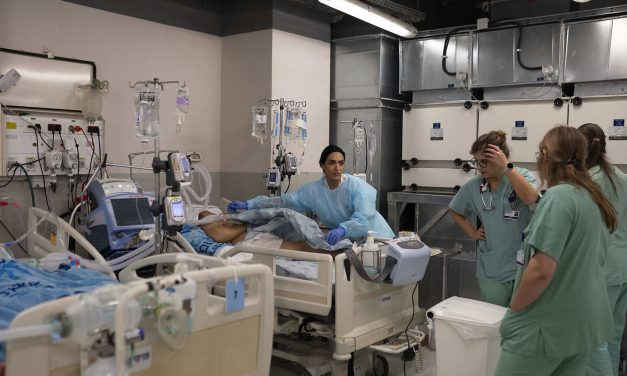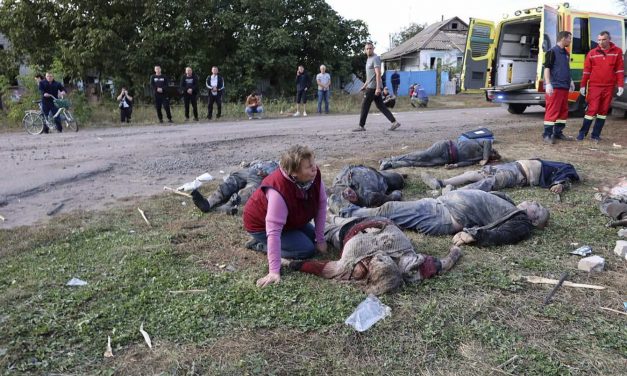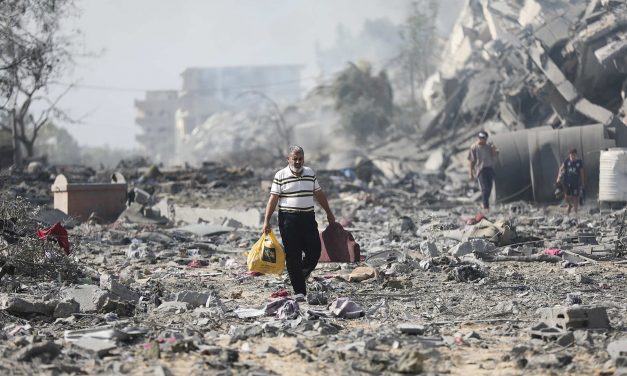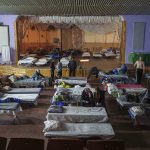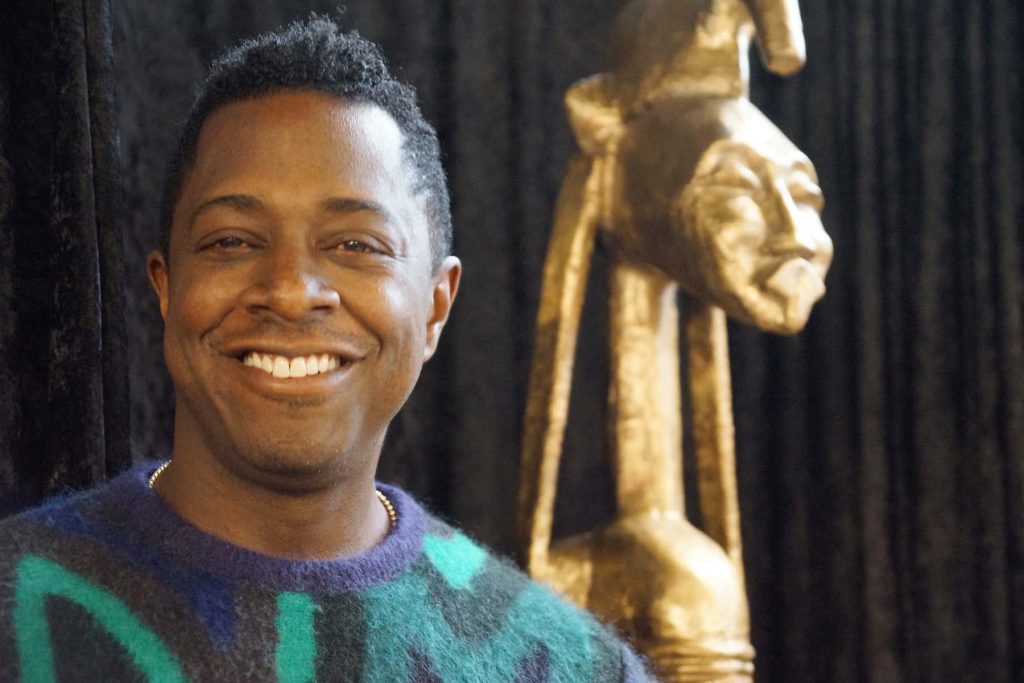Kristallnacht: The point when emotional antisemitism became systematic government violence 85 years ago
By Michael Scott Bryant, Professor of History and Legal Studies, Bryant University Late in 1938, Nazis across Germany attacked Jews and their homes, businesses and places of worship and arrested about 30,000 Jewish men. The attacks became known as Kristallnacht, the “Night of Broken Glass,” for the streets littered with broken glass from the vandalism. But the pogrom of November 9 to 10, 1938, went beyond the broken glass of Jewish-owned shops on the streets of German cities and has rightly been called a major turning point in the history of the Holocaust. As a scholar specializing in the...
Read More
